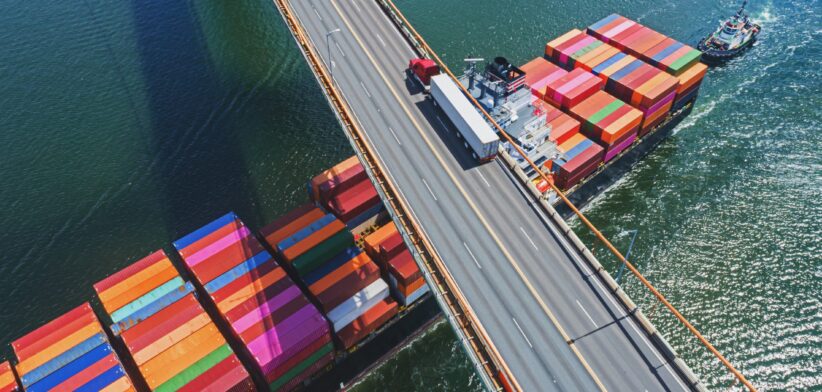Global moves to on-shore manufacturing and production could undermine, rather than strengthen, supply chain resilience, according to the OECD.
In its latest Supply Chain Resilience Review, the economic body found recent disruptions, transport network bottlenecks and rising concerns about economic security all pointed to the need to strengthen and diversify supply chains.
“However, simply re-localising all production within national borders would harm growth and undermine, rather than strengthen, supply chain resilience,” OECD Secretary-General Mathias Cormann said.
Secretary-General Cormann said the review emphasised the importance of agile and effective risk management.
He said it offered evidence-based insights to strengthen supply chain resilience in the face of multiple complex global challenges and to help firms and governments to navigate uncertainty without retreating from international trade.
“The review finds that most trade flows remain relatively diversified, though import concentration is on the rise as countries are increasingly sourcing products from fewer suppliers than is globally possible.”
Secretary-General Cormann said the number of products sourced from a limited range of suppliers was 50 percent higher in the early 2020s compared to the late 1990s, a trend that could increase vulnerability to external shocks.
“Responses to concerns about security of supply and market concentration, as well as the long-term transformation of trade flows, risk creating undesirable distortions,” he said.
“For trade to continue to provide the foundation of our shared prosperity, and to ensure trade delivers on our citizens expectations, we need to work together to enhance the reliability and resilience of our supply chains.”
He said the review found that policies aimed at relocalising, or making supply chains more domestic, could reduce global trade by over 18 percent and global real GDP by more than five percent, without consistently improving resilience to disruptions.
“In fact, GDP stability would decrease in more than half of the economies analysed, challenging claims that relocalisation is inherently more stable.”
Read the full report: OECD Supply Chain Resilience Review.








